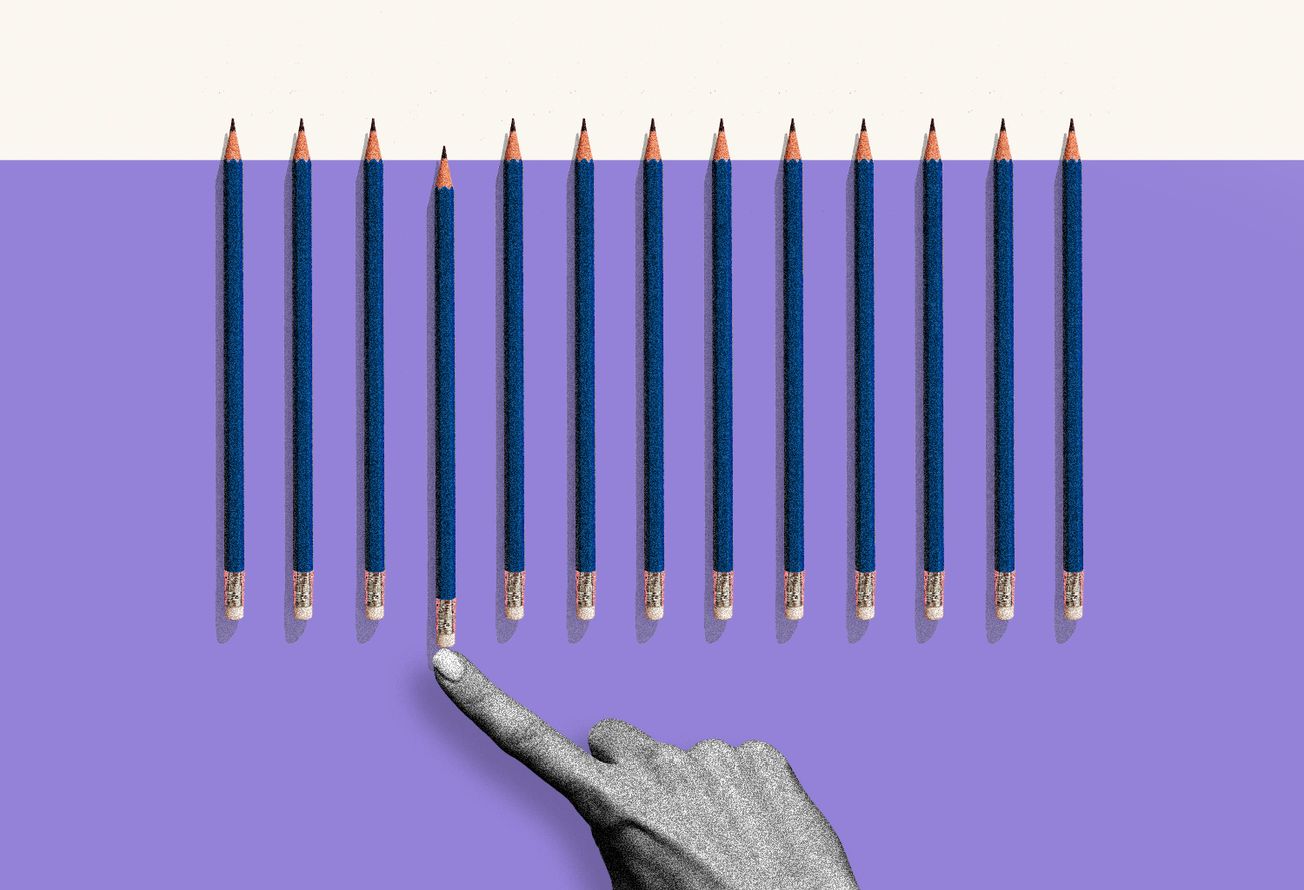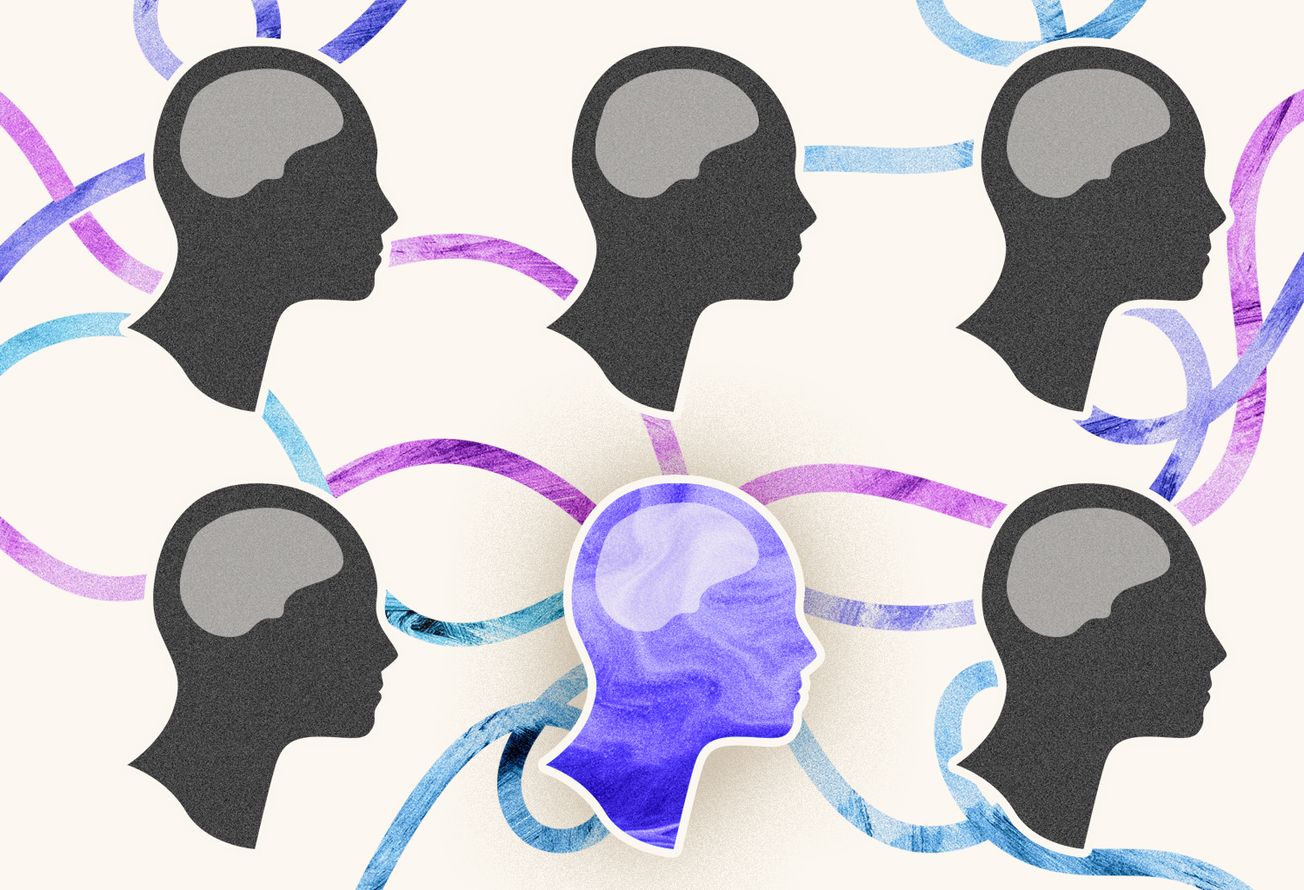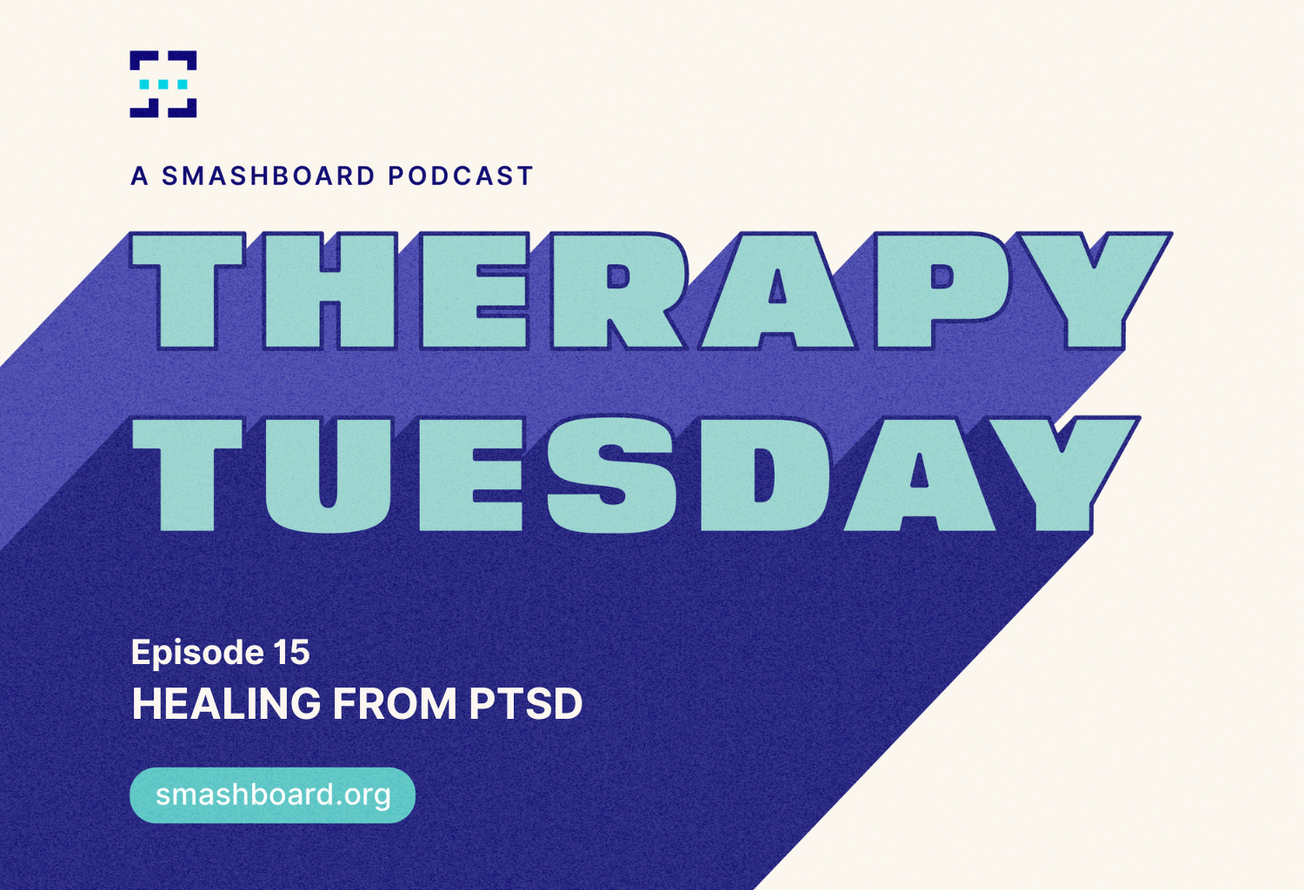I recently started working as a counsellor, and I am already seeing a pattern emerge—a substantial number of young adults consider therapy yet back out at the last minute because they are afraid their families “wouldn’t understand”. Not only is the stigma around accessing mental health care strong in India, but the reluctance to seek help is also rooted in an internalised ideal of perfection wherein reaching out for professional help is viewed as a personal failing.
The need for perfection can seem like an innocuous one. After all, there’s nothing fundamentally wrong in wanting to hone one’s skills and better one’s prospects in life. Our larger cultural script is dictated by toxic capitalist ambitions, preaching the merits of perfection to us. However, the myth of perfection can be dangerous as it suggests that perfection is an achievable goal.
In a perfectionistic world, anything less than flawless is dismissed as an abject failure. Petra Kolber, author of The Perfection Detox: Tame Your Inner Critic, Live Bravely and Unleash Your Joy (2018) talks about the black-and-white thinking that perfectionism breeds. “Perfectionists strive to be flawless, and they see their mistakes as a character flaw. It is not even they made a mistake; it is that they are the mistake. Even the perfect moments have no joy because they are never quite perfect enough.”
Social psychologist Thomas Curran says the pressure to be perfect—in our social media feeds, work, and school—shows up in three different ways: self-oriented perfectionism or an unrealistic expectation of perfection from one’s self, other-oriented perfectionism or the demand of perfection from others, and socially prescribed perfectionism or the feeling that others expect perfection from us. According to Curran, globalisation, a consumerist culture and competitive markets have contributed to the rise of socially prescribed perfectionism in young adults. As performance-based culture is encouraged by social media, many people—both young and old—are increasingly feeling the pressure of conforming to unrealistic standards of productivity and beauty. Constantly coping with perceived notions of society’s immense expectations can lead to a cycle of shame and alienation for failing to deliver.
Understanding the insidious nature of perfectionism has been a part of my experience. I was the highest scorer in my class for four consecutive years in middle school, and I excelled in co-curricular activities like music, quizzing, and debates. I was touted as the “golden child.” Younger cousins were encouraged to emulate me. In short, I was the insufferable “Sharma ji ka beti”, so reviled in memes.
However, my mother, the headmistress of a local secondary school, believed I could do even better. She got me tutors and tightly monitored my schedule. Just before the dreaded board exams for which I was being prepped, my grades declined instead of improving. I never quite recovered from the shock of that fall. Throughout my college years, my mental health plummeted faster than my grades. This nagging need for perfection infested me with social anxiety, depression, and insomnia. It permeated every aspect of my life, be it friendships, relationships, or body image—I couldn’t relax as my brain was nitpicking for the tiniest of flaws.
Eventually, in my mid-twenties, I had a nervous breakdown. I was so terrified of failing that it took nearly three years to come out of a self-imposed sabbatical. The imposter syndrome—a feeling of fraudulent self-doubt—rouses its head whenever I face the possibility of trying out new things. As Charly Haversat, a former athlete and a “reformed perfectionist,” puts it, there’s a dialogue in a maladaptive perfectionist’s brain which goes along the lines of, “if I can’t do it perfectly, I’m not going to do it at all.” I am now in my thirties and gradually unpacking the burden of perfectionism, one deliberate step at a time. This journey requires self-compassion and the understanding that failure is natural.
More than a decade after Amy Chua’s book Battle Hymn of the Tiger Mother (2011) stirred up controversy around authoritarian “tiger parenting”; it is still a glorified concept in Asian culture. Undue importance on performance, academic or otherwise, ingrains a need to “be the best”. The child of a “tiger parent” grows up believing that failure has to be avoided at all costs. There is an enmeshed dynamic between the parent and child, where the former considers the successes and failures of the child as their own. The punitive model leads to a negative association with mistakes.
A host of factors can contribute to the development of maladaptive perfectionism in a person. However, psychologists Martin M. Smith and Simon Sherry outline in their research how social expectation, especially the perception of perfectionism in parents, can lead to higher chances of children learning it. “[A] family environment characterised by parental criticism and demands is an incubator for perfectionism and illness in children,” says Sherry in an interview with psychologist Mark Travers.
Under imperialist occupation for two centuries, South Asian people faced violence, deprivation, and displacement. The intergenerational trauma of colonisation was compounded by pre-existing oppressive structures such as caste. The collectivistic value system that still has a stronghold over South Asian culture was reinforced, at least partially, as a survival strategy.
Headed mostly by an incontestable patriarch, the family as a whole comes before the needs of the individual. The assumption is that the parents know what’s best for their children. Unfortunately, many children in such an environment grow into adults with low self-worth and poor decision-making skills. Goaded on to single-mindedly pursue “merit”, the supposed golden ticket to achievement, they are not equipped to deal with failure. Perfectionism strips away the emotional resilience needed to adapt to the fluctuating demands of life. Eating disorders, obsessive-compulsive disorder, and suicidal thoughts are some of the mental health illnesses associated with perfectionism.
Perfectionist nightmares are not restricted to academia and professional life. For instance, travelling South Asians will often be anxious to grab the best seats or get the best view—exhausting themselves to get the perfect experience. A perfectionist host rarely enjoys a party because nothing is ever perfect. An intimate partnership will always disappoint because the partner is bound to have imperfections, and those aren’t acceptable. “Perfectionism is the voice of the oppressor and will keep you cramped . . . all your life,” writer Anne Lemont says.
Most year resolutions are driven by perfectionism, where people go on to war with themselves. 2023 might be an excellent year to ditch perfectionism and move towards healing.










